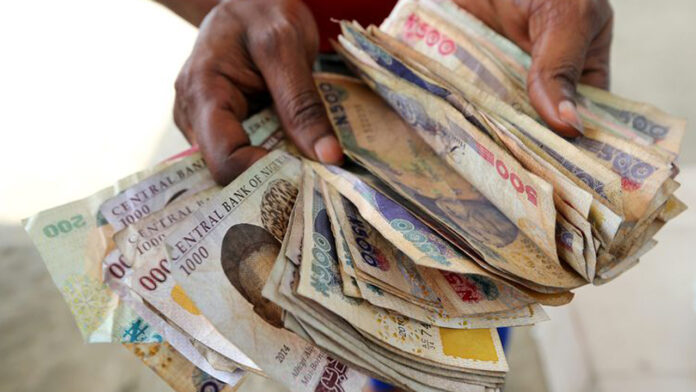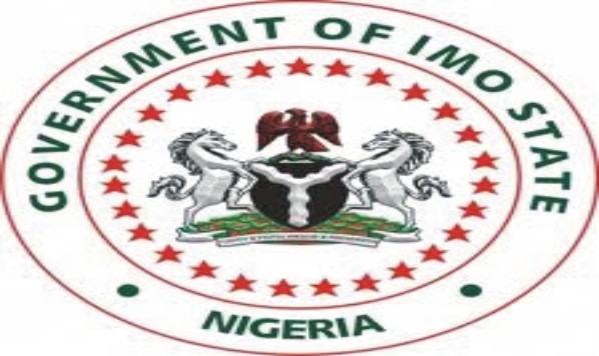Bad Market For POS Operators In Imo, As Banks Increase Cash Payout
Banks, yesterday, increased cash payout to customers leading to a sharp reduction in the long queues and massive crowds that characterized the cash dispensary points in the last two and half months.
The worst hit are the operators of the Pay-On-Sale, otherwise known as POS, as charges have drastically reduced to what it was two weeks ago.
This followed the sustained cash evacuation from the Central Bank of Nigeria (CBN) to Deposit Money Banks since Friday last week.
A visit to several banks in some major cities yesterday showed that most of the banks’ branches had enough cash to meet customers’ withdrawal needs.
Some of the banks allowed customers to withdraw as much as N100,000, a departure from the situation last week when customers could not withdraw more than N5,000 in most cases.
FirstBank, Access Bank branches paid N10,000 from the Automated Teller Machines (ATM) to both customers and non-customers while United GTBank paid N100,000 over the counter and N20,000 in ATMs to customers and N10,000 to non-customers.
Some of the POS agents had set the maximum withdrawal limit to N5,000 per customer.
Bank staff told newsmen that CBN had maintained the supply of cash to the bank and that the pressure on them (banks) had ended.
Investigations across the city showed that the ATMs were dispensing mainly the old N1000 and N500 notes.
It was also learned that customers (On a special arrangement) were also allowed to withdraw cash up to a maximum of N500, 000 (for individuals) allowed by the CBN over the counter.
It was gathered that the majority of those who throng banks in the capital city were there to resolve unsuccessful transactions that characterized the industry at the peak of the cash crisis.
Investigations also indicated that POS operators were fully back in business as they were able to withdraw enough cash to meet the needs of the customers, but on normal charges as customers were no longer desperate to receive cash from them.
As normalcy returned, transporters and technicians in the capital city have begun rejecting transfers as means of payment, especially where the amount involved is considered meager.











